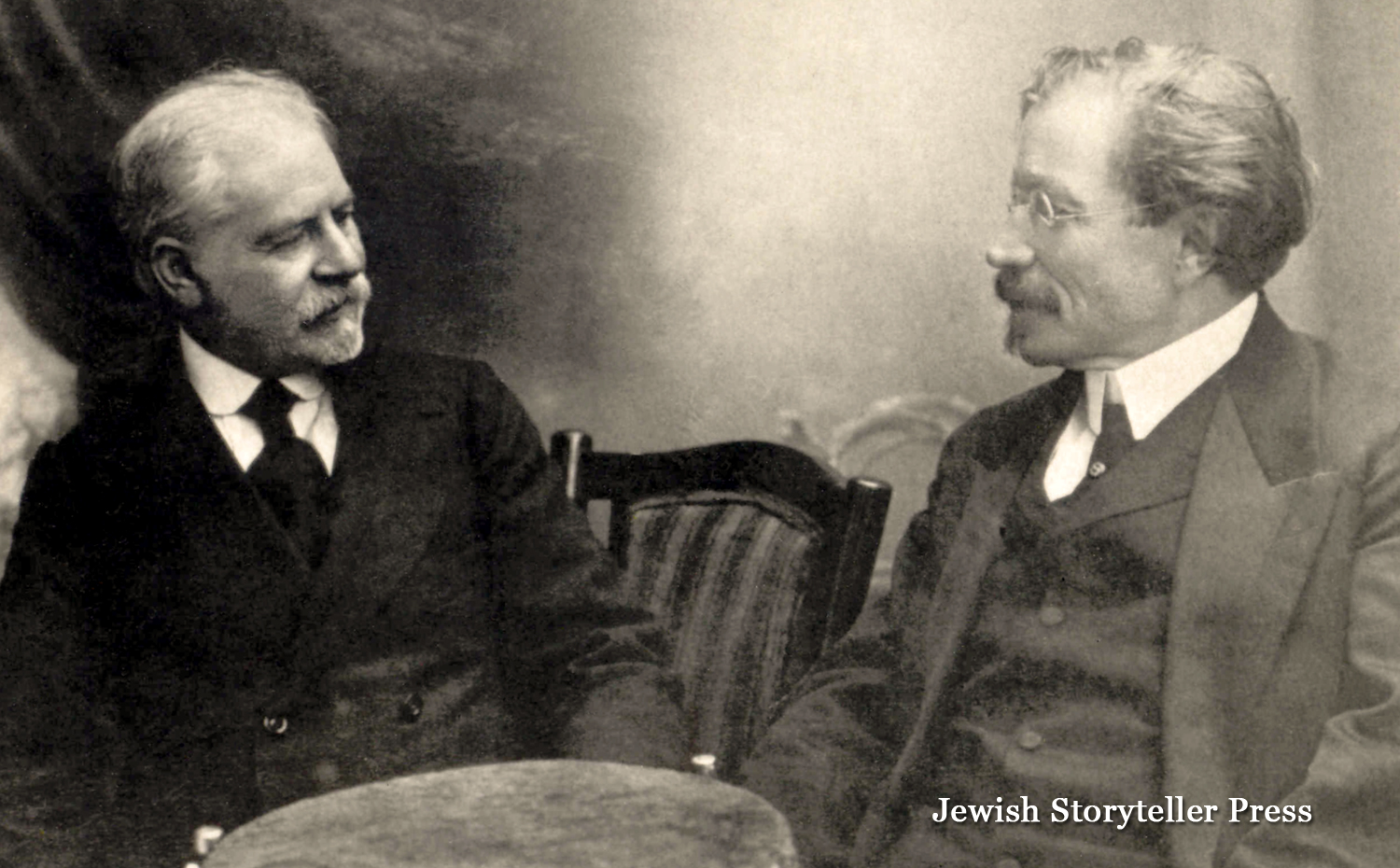
The journey to recover the literary legacy of the Yiddish writer Jacob Dinezon began in August 2001 when Scott Hilton Davis, a public television executive producer, author, and storyteller, taught a ninth-grade religious school class at his synagogue in Raleigh, North Carolina. “They were a rowdy bunch,” Scott recalls, “and very honest about it. I gave them a little survey at the beginning of the semester asking if they had any advice for the teacher. One student wrote, ‘Run!’”
Struggling to find a way to engage his students’ attention, Scott brought in a book of Jewish short stories that he had read and loved as a teenager, and began reading aloud to his class. To his surprise, the students quieted down, and when the story was over, they participated in a lively discussion. A few weeks later, another reading produced the same result. The power of these nineteenth-century stories to hold the attention of ninth-graders inspired Scott to find ways to present them to twenty-first-century audiences. He began by developing a play based on the works of I. L. Peretz and Sholem Aleichem. And it was during the research process, that Scott was surprised to find another name popping up here and there—a name he had never heard before: Jacob Dinezon.
As Scott delved deeper, he discovered that during the late nineteenth century, Jacob Dinezon was not only a very successful Yiddish novelist in his own right, he also befriended and mentored almost every major literary figure of his day, including Sholem Abramovitsh (Mendele Mocher Sforim), I. L. Peretz, and Sholem Aleichem, often referred to as the “grandfather, father, and grandson of modern Yiddish literature.”
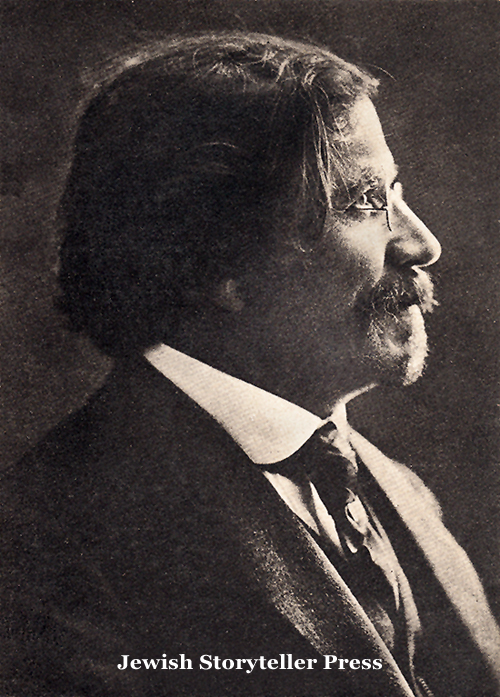
In fact, it turns out that Jacob Dinezon played a central role in the development of Yiddish as a literary language. He was an early advisor and contributor to Sholem Aleichem’s literary journal, Di yidishe folks-bibliotek (The Jewish People’s Library). He assisted Sholem Abramovitsh with book-related business issues. He published I. L. Peretz’s first collection of Yiddish stories, Bekante bilder (Familiar Pictures), and became Peretz’s business partner and intimate confidante. As Scott likes to say, “It was like finding out that Shakespeare had a best friend that nobody knew anything about.”
Yet there was a problem: when Scott went looking for stories by Jacob Dinezon, he couldn’t find any, because none of Dinezon’s books had ever been translated into English. Biographical information was also scarce, as most of it, too, was only in Yiddish.
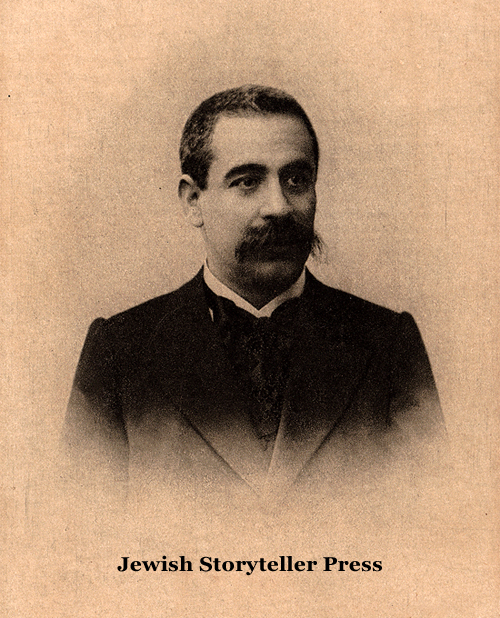
The exciting discovery of several works by Jacob Dinezon at the Yiddish Book Center in Amherst, Massachusetts, presented an even greater obstacle: like so many other American Jews born after the Second World War, Scott had never learned Yiddish. So the tattered Yiddish books he held in his hands contained a literary treasure trove that was all locked up in a language he couldn’t understand.
What was he to do? Give it up? Let it go? How could he? His curiosity was piqued. This was too great a story!
What was needed was a professional Yiddish translator, and sure enough, the Yiddish Book Center had a list.
So in late 2003, with the encouragement of family members and close friends, Scott began the Jacob Dinezon Project in earnest with the commissioning of two professional English translations of short Dinezon biographies by Ruth Fisher Goodman of Delaware.
In 2004, Tina Lunson of Maryland, was commissioned to translate Jacob Dinezon’s collection of autobiographical short stories, Zikhroynes un bilder: Shtetl, kinderyorn, shrayber (Memories and Scenes: Shtetl, Childhood, Writers). In 2005, Tina continued her work with the translation of Dinezon’s best-selling Yiddish novel, Ha’neahovim vha’neimim, oder, Der shvartser yungermantshik (The Beloved and Pleasing, or, The Dark Young Man.)
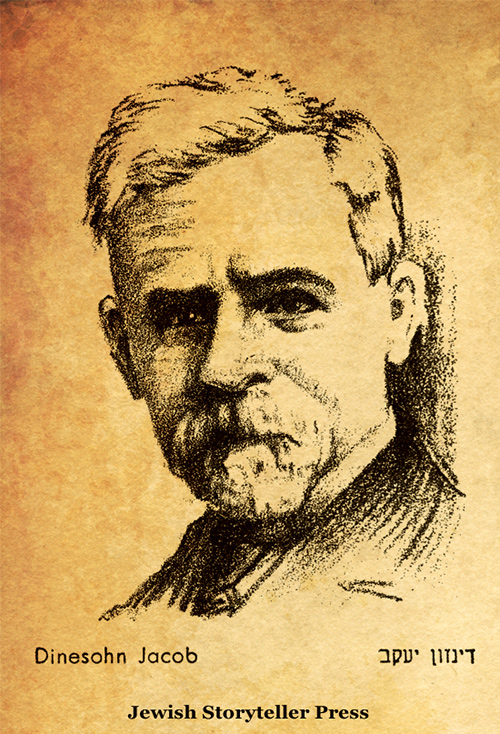
Five years later, Jane Peppler of North Carolina, was commissioned to translate two additional books, Yosele and Hershele.
In 2015, Miri Koral translated the only literary biography devoted to Jacob Dinezon’s career, Shmuel Roszhanski’s Yaakov Dinezon: Di mame tsvishn unzere klasikers (Jacob Dinezon: The Mother Among Our Classic Yiddish Writers.)
In addition, Tina, Jane, Miri, Mindy Liberman, and Archie Barkan have provided English translations of Dinezon-related essays by I. L. Peretz, David Frishman, Shmuel Niger, Samuel Tsitron, and Bal-Makhshoves (Israel Isidor Elyashev), which have been posted here on this website.
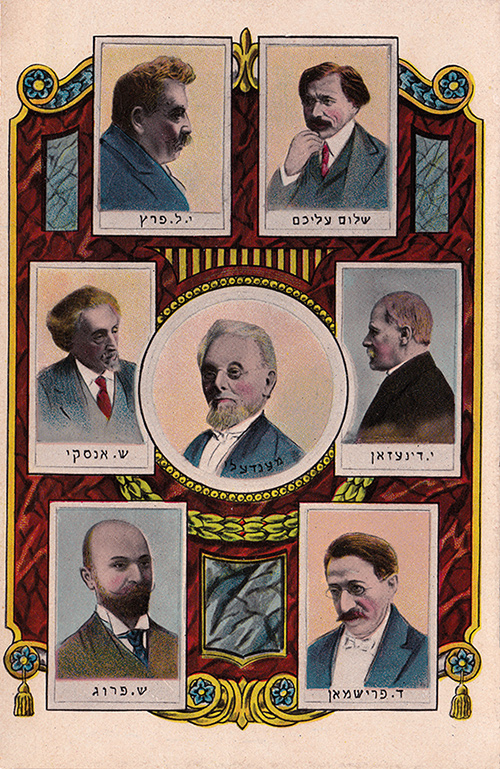
In 2014, Scott’s small independent publishing company, Jewish Storyteller Press, began making Jacob Dinezon’s novels and short stories available in various forms, including books, e-books, and online postings in an effort to bring Dinezon’s works and literary legacy to twentieth-first century readers. In 2019, Jewish Storyteller Press published Tina Lunson’s first-ever English translation of Dinezon’s bestselling realistic romance, The Dark Young Man, to commemorate the 100th anniversary of Jacob Dinezon’s death.
Then in 2021, along with the publication of Mindy Liberman’s English translation of Dinezon’s 1904 novella, Falik and His House, Anna Bonazzi completed an English language Wikipedia page devoted to the life and literary achievements of this significant Jewish author.
“My dream,” says Scott, “is to see English translations of Jacob Dinezon’s novels and stories sitting on the bookshelf beside the works of his friends, I. L. Peretz, Sholem Aleichem, and Sholem Abramovitsh. To remind people that there was a Jacob Dinezon in the world, and to return him to his rightful place as the beloved uncle of modern Yiddish literature.”
Our Story on YouTube
About Our Translators
Ruth Fisher Goodman is a professional translator of Yiddish books, documents, and letters. She was educated at the Workmen’s Circle Yiddish School in New York City, where her Jewish history and Yiddish literature teacher was Yudel Mark. Ruth is the author of the award-winning juvenile fiction book Pen Pals, published by Fithian Press in 1996. Her award-winning Easy Steps to the Hebrew Alphabet (Teach Yourself Hebrew) was published in 2000 and her translation of Yudel Mark’s young adult novel, The Jewish Pope: A Yiddish Tale, was published in 2006. In 2012, Ruth released her English translation of Jacob Dinezon’s Hershele, under the title, Yeshiva Boy: A Story of Piety and Young Love.
Miri Koral is the CEO and founding director of the California Institute for Yiddish Culture and Language. She is a professor at the University of California at Los Angeles and is an accomplished English translator of Yiddish poetry and prose. Her work has appeared in the Forverts (The Yiddish Daily Forward), the PakenTreger (Book Peddler), and the Yiddish literary journal Kheshbn (Reckoning).
Mindy Liberman studied Yiddish at McGill University. Her translations into English include Jacob Dinezon’s short novel Falik and His House, poetry by Miriam Ulinover, and letters by Sholem Aleichem. Her work has appeared in In geveb: A Journal of Yiddish Studies and on the Jacob Dinezon website. She is a retired librarian living in Los Angeles.
Tina Lunson is the former administrative director and senior consultant to the Vilnius Program in Yiddish Language and Literature. She worked with the United States Holocaust Memorial Museum as an expert consultant, researcher, and translator for several exhibitions, including “The Hidden History of the Kovno Ghetto,” and served as historical consultant and on-site guide for two Holocaust-era film projects. Tina received her Master of Arts in Jewish History from Baltimore Hebrew University and has completed postgraduate work at Columbia University in Jewish Studies. Her English translations of works in Yiddish include Jacob Dinezon’s Zikhroynes un bilder and Der shvartser yungermantshik, Yizkerbukhs (Holocaust memorial books), and commissioned translations of family letters, personal papers, correspondence, and diaries.
Jane Peppler graduated from Yale University with a degree in Russian language and literature. She began singing Yiddish in 1983, attended two intensive summer courses at the Medem Bibliotheque, and studied Yiddish with master teacher Sheva Zucker. In addition to translating Yiddish stories by Sholem Aleichem, Ayzik Meyer Dik, and Mendele Moykher Sforim, Jane has completed English translations of Jacob Dinezon’s Yosele, Alter, and Hershele. An accomplished singer and musician, Jane has performed and recorded several albums of Yiddish songs, including “I Can’t Complain (But Sometimes I Still Do)” and “Cabaret Warsaw: Yiddish and Polish Hits of the 1920s-1930s.”
Janie Respitz is a Montreal-based Yiddish scholar, entertainer, and translator. For the past thirty years, she has performed in concerts throughout the world and taught courses relating to Yiddish language, folklore, literature, and Eastern European Jewish history at Queen’s University, McGill University, and a variety of other learning environments. Janie has also delighted audiences with her repertoire of Yiddish songs and lecture topics. She has performed throughout Canada and the United States, in Krakow, Montevideo, and Israel. In 2019, Janie won the international Yiddish Idol song competition in Mexico City.
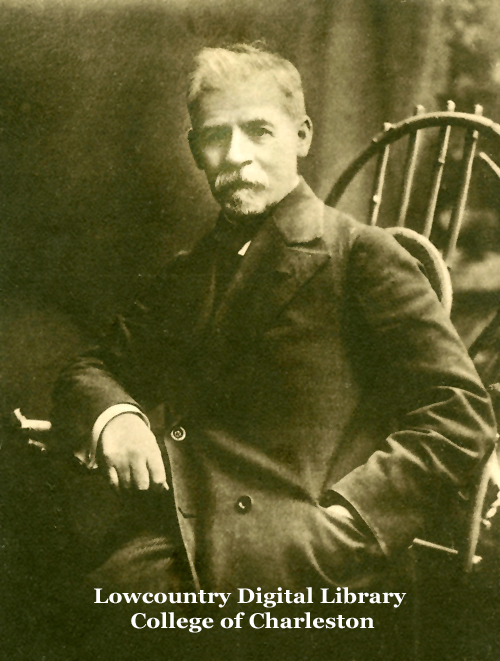
Contact Us
Your comments, thoughts, and suggestions are welcome.